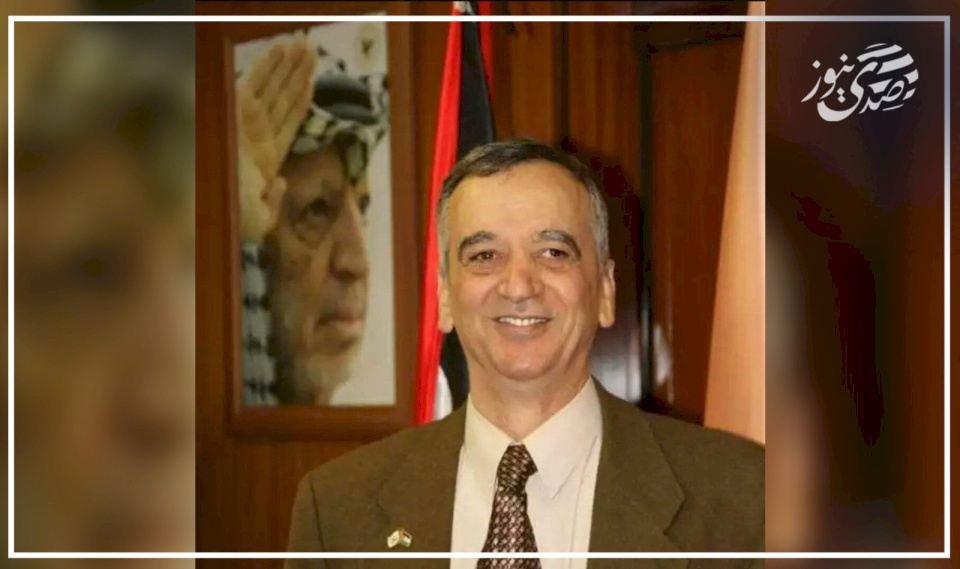
VIP: The Privilege That Distorted Palestinian Dignity
"VIP" is an alien term in Palestinian history, with a pungent aroma of detestable classism, linked to the feudal ruling system that dominated the land in the mid-19th century, transforming its spaces into private farms and its people into something resembling slaves.
This term is associated with a category of actors in the Palestinian political and economic scene, who play influential roles in managing the present and envisioning the future. It is used to describe a limited group of officials, activists, businesspeople, and investors who possess special permits and cards granting them certain facilities, including the ability to enter the territories of 1948, the other half of the historical Palestinian geography.
Recently, the term "VIP" has expanded to refer to a system, company, or special service that specializes in transporting people to and from Palestine via the Allenby Bridge; a bridge that once symbolized passage but has now become a station of pain, oppression, and humiliation. This service offers travel facilitation for $125 or its equivalent in circulating currencies, turning freedom of movement into an open auction where priority is given to those who possess money, while its victims are the simple citizens, the true guardians of the land, geography, and history.
Most Palestinians see this system as a blatant form of discrimination. It is, according to their description, a service of bad reputation, fundamentally classist, appearing as an investment but fundamentally exploitative. It is considered one of the strangest travel systems in the world, with no equivalent in any other political, national, or service experience.
It is noteworthy that this privilege system has been surrounded by an aura of silence, or is referenced with fleeting allusions as if discussing it has become taboo. It is only whispered about and written about with great reservation, in a scene that suggests there are elements meant to remain in the shadows. However, out of respect for the Palestinian people's right to know and transparency, pressing questions emerge in public circles, spoken by many: Who is really behind this project? What are their backgrounds and identities? What legal framework has legitimized it? How was it established? How does it operate? Where are its revenues directed? Do these revenues actually find their way into the Palestinian public budget, or are they managed in a closed space beyond scrutiny or accountability?
Palestinians agree on the necessity of abolishing this system or service entirely, as it tarnishes their image and history and sows hatred and resentment among them. Is it reasonable for it to remain in an occupied, stolen, slaughtered, and besieged homeland where the harshest forms of oppression and humiliation are practiced upon the people? … The existence of a class, category, or service called "VIP" in the occupied Palestinian land is disgraceful and shameful.
The true place of our people is on heads, in eyes, and in hearts only … And from here, a widespread, angry popular call to abolish this system or service and permanently remove it from the Palestinian lexicon, so that decision-makers, money holders, and authorities travel side by side with their people, without discrimination or oppression... The voice of the people on the bridge soars high in the sky of the homeland, demanding the establishment of principles of justice, equality, dignity, and respect, making travel to and from Palestine a source of pride and honor, not a journey of humiliation, oppression, and weeping.

Huckabee's Statements Reveal the Falsehood of Trump's Peace and Reinforce Religious Confli...

Licensed Occupation by Law

Whoever Does Not Plant Hope, Plants Departure...

Between "Here is Jerusalem" and "Here is Gaza" ... The Voice of a Nation and the Steadfast...

While some count the boos, Palestinians count their martyrs.. Paradoxes of the internation...

When the Palestinian Issue is Reduced to Gaza Management

Legally Licensed Occupation

